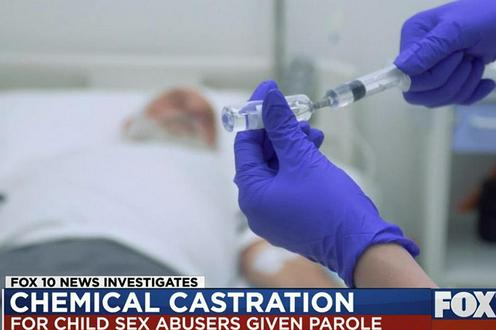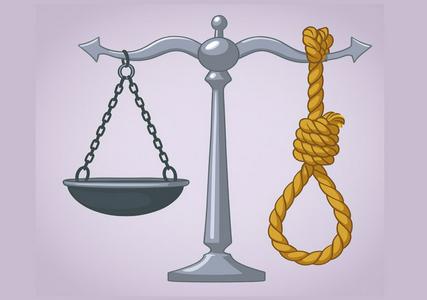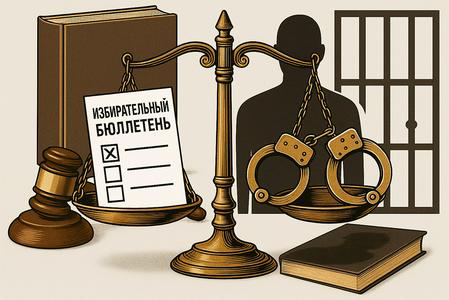Four convicted paedophiles in Kazakhstan are currently undergoing forced chemical castration, reports Tengrinews.kz citing information from the Committee of the Criminal Executive System (CCES) of the country’s internal affairs ministry.
The convicts in question are serving sentences at facilities in the Pavlodar, East Kazakhstan and Akmola regions and in Shymkent.
The statement declares that the procedure is being applied for the first time in the country. The procedure itself takes place in stages and will be carried out over a period of around six months. The convicts will be injected with substances that block the action of the male hormone testosterone and suppress sexual desire.
According to information from the CCES, there are a total of 11 individuals currently incarcerated whose sentences include compulsory treatment by chemical castration.
Following the criminal code of Kazakhstan, this form of treatment is applied only to those over 18 years of age who have committed crimes against the sexual inviolability of minors. In the event of refusal, article 427 of the code stipulates up to a year in prison. Chemical castration is carried out on the basis of a court decision following a legal-psychological evaluation. Before the procedure is performed, convicts are also examined by a commission composed of an endocrinologist, a urologist, a psychiatrist and a therapist.
The law on the chemical castration of paedophiles came into effect in Kazakhstan on 1 January 2018.










